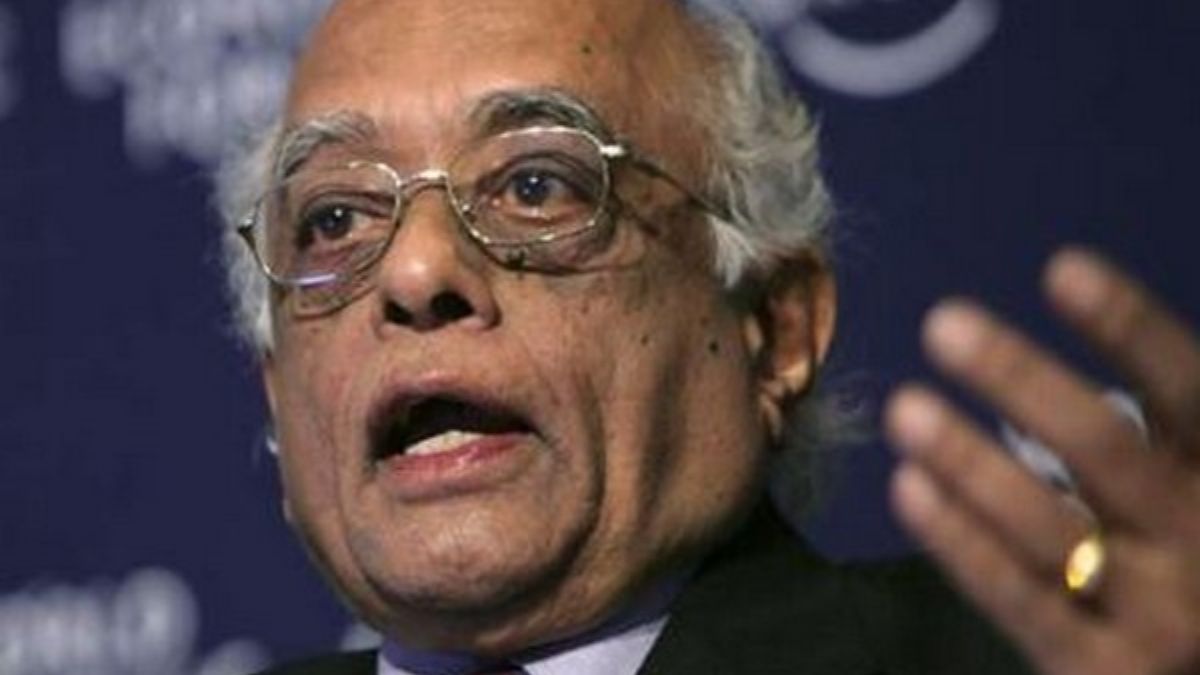Dr Rajagopala Chidambaram, one of the most prominent figures in India’s nuclear and scientific history, passed away early Saturday morning at Jaslok Hospital, Mumbai. The 88-year-old succumbed to age-related complications.
Dr Chidambaram was instrumental in shaping India’s nuclear program, having played pivotal roles in both the 1974 Pokhran-I (Operation Smiling Buddha) and the 1998 Pokhran-II (Operation Shakti) nuclear tests. These achievements cemented India’s status as a nuclear power.
Born in Chennai in 1936, he graduated from Presidency College and completed his PhD at the Indian Institute of Science, Bengaluru. His illustrious career began at the Bhabha Atomic Research Centre (BARC) in 1962, where he rose to become the director in 1990. As chairman of the Atomic Energy Commission from 1993 to 2000, he oversaw critical advancements in India’s nuclear capabilities.
Dr Chidambaram also served as the principal scientific adviser to the Government of India from 2002 to 2018, succeeding Dr APJ Abdul Kalam. During his tenure, he championed numerous projects such as the National Knowledge Network (NKN), Rural Technology Action Group (RuTAG), and the Society for Electronic Transactions and Security (SETS).
The scientist’s unparalleled contributions earned him the Padma Shri in 1975 and the Padma Vibhushan in 1999.
Tributes:
Prime Minister Narendra Modi expressed his condolences on X (formerly Twitter), stating, “Deeply saddened by the demise of Dr Rajagopala Chidambaram. He was one of the key architects of India’s nuclear programme and made ground-breaking contributions in strengthening India’s scientific and strategic capabilities.”
Deeply saddened by the demise of Dr. Rajagopala Chidambaram. He was one of the key architects of India’s nuclear programme and made ground-breaking contributions in strengthening India’s scientific and strategic capabilities. He will be remembered with gratitude by the whole…
— Narendra Modi (@narendramodi) January 4, 2025
The Office of the Principal Scientific Adviser called him a “true scientific pioneer,” whose legacy in nuclear science and strategic technologies remains a cornerstone of India’s progress.
Ajit Kumar Mohanty, Secretary of the Department of Atomic Energy, referred to him as “a doyen of science and technology,” marking his passing as an “irreparable loss for the nation.”


